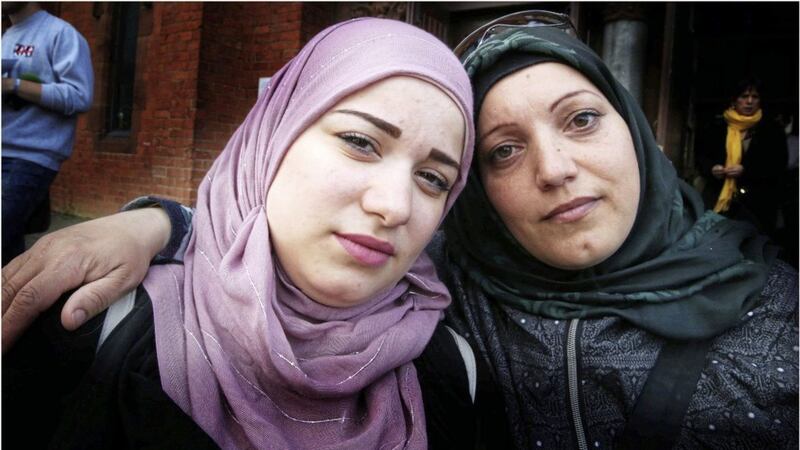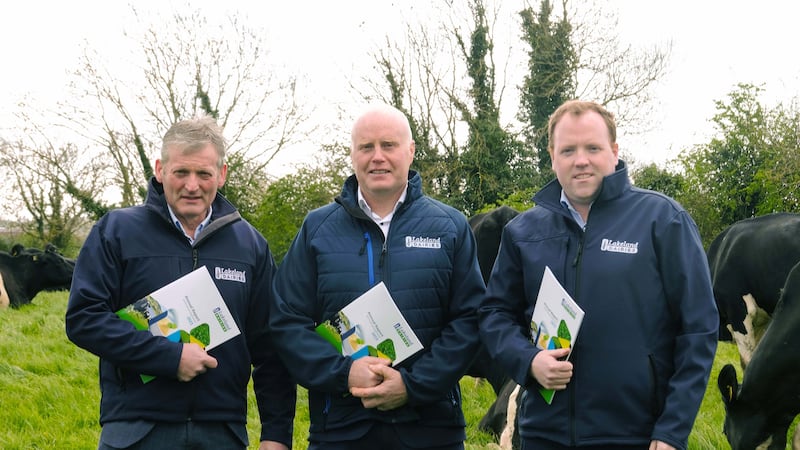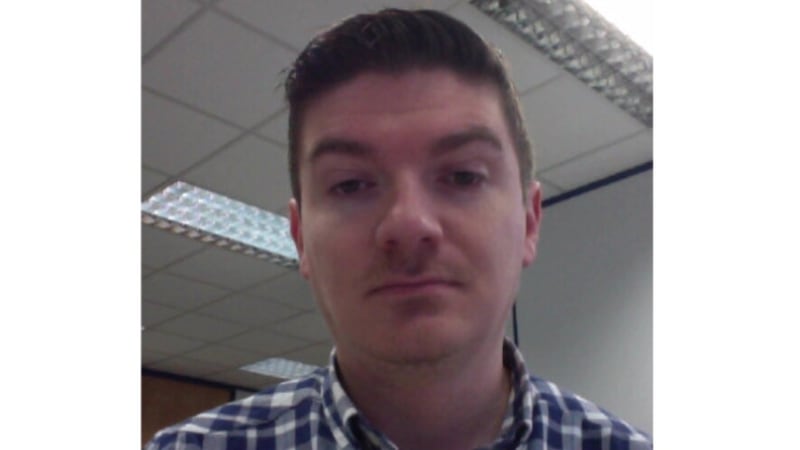REFUGEES fleeing war in Syria and brought to Northern Ireland under a UN scheme have spoken out about "appalling" living conditions and racism they have endured in their new west Belfast homes.
More than 1,000 Syrians were brought to the north from refugee camps in Jordan within the last two years under the United Nations Vulnerable Persons Resettlement Scheme.
While the majority have settled without any major issues, issues have been raised in relation to six families in west Belfast.
A report by Belfast-based human rights organisation Participation and the Practice of Rights (PPR) raised concerns about dampness and rodent infestation in some properties as well as racist abuse and attacks.
READ MORE:
- West Belfast community praised for 'amazing' response to help Syrian refugees
- Latest group of Syrian refugees arrive in the north
Raneem Mando, who has two children aged nine and five, said the family was forced to sleep in one room because of fears over a broken gas boiler and her children were also fearful of playing outside.
Mrs Mando, who worked as a make-up artist before she was force to flee Syria, said someone had tried to break into her home armed with a knife.
"I'm trying to find work but so far cannot. I want to live in any safe place, I don't care where that is but I do not feel safe in my house."
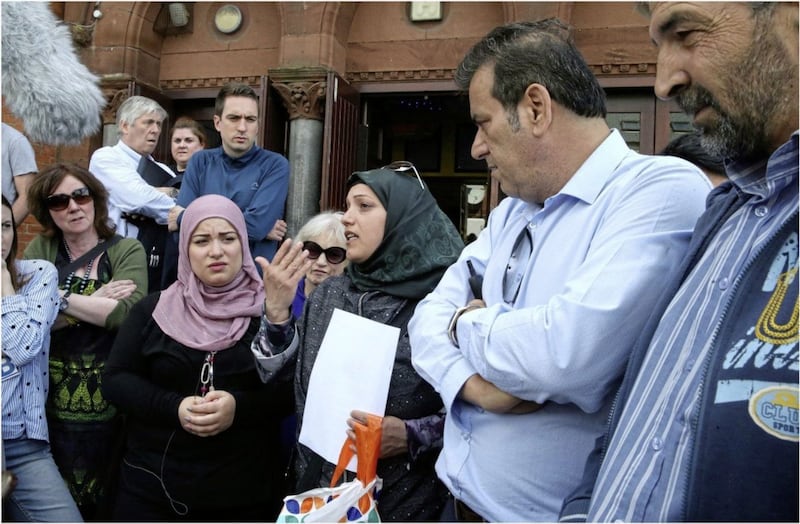
Ahmed Abdul El Fettah came to Northern Ireland just over a year and a half ago.
With three children, he claimed the house his family was allocated was like "a cave".
Speaking through an interpreter, he said: "It has mould, damp, insects. It's not suitable for us. It is dangerous. My wife fell on the stairs and hurt her back and the children cannot play in the street."
The families all say their children have been attacked or intimidated, with one mother saying her children's toys were stolen from them and her 10-year-old son was punched in the face.
All the families say their children are too afraid to play outside during the summer holidays because of racial abuse.
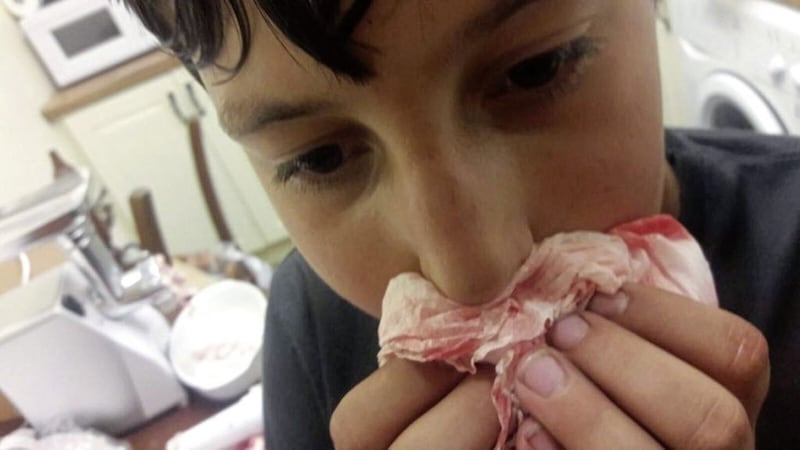
Elfie Seymour, a support worker with PPR, said: "Immediate action needs to be taken to ensure that these families do not continue to suffer.
"Questions need to be asked about how this has been allowed to happen and to continue for years."
SDLP councillor Tim Attwood said the PPR report raises "serious questions" about how Syrian families are supported.
People Before Profit MLA Gerry Carroll also said the treatment of some refugee families has been "abhorrent".
"We must now redouble our efforts to offer solidarity to these families and say clearly that refugees are welcome here," he said.
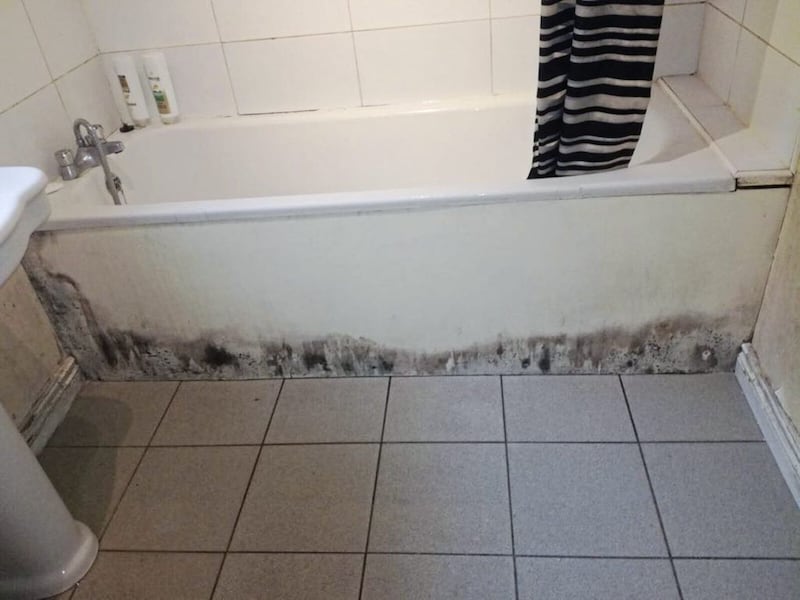
The Housing Executive said The Syrian Vulnerable Person’s Relocation Scheme (SVPRS) has been in operation since December 2015 and to date the majority of the 248 families (1,010 individuals) have settled into their accommodation with no issues.
"Those families arriving in Northern Ireland under the SVPRS have refugee status and therefore are treated as homeless applicants in accordance with Northern Ireland homelessness legislation," it said.
"Families are placed in private sector, temporary accommodation pending a permanent housing solution.
"All temporary accommodation is carefully sourced and inspected by the Housing Executive before any placement is made.
"Following the placement periodic inspections are carried out – if there is any disrepair this is reported in the first instance to the private landlord.
"We are aware these issues have been reported to the landlord and we are sure they will be addressed.
"We will closely monitor the situation to ensure all necessary work is carried out."
